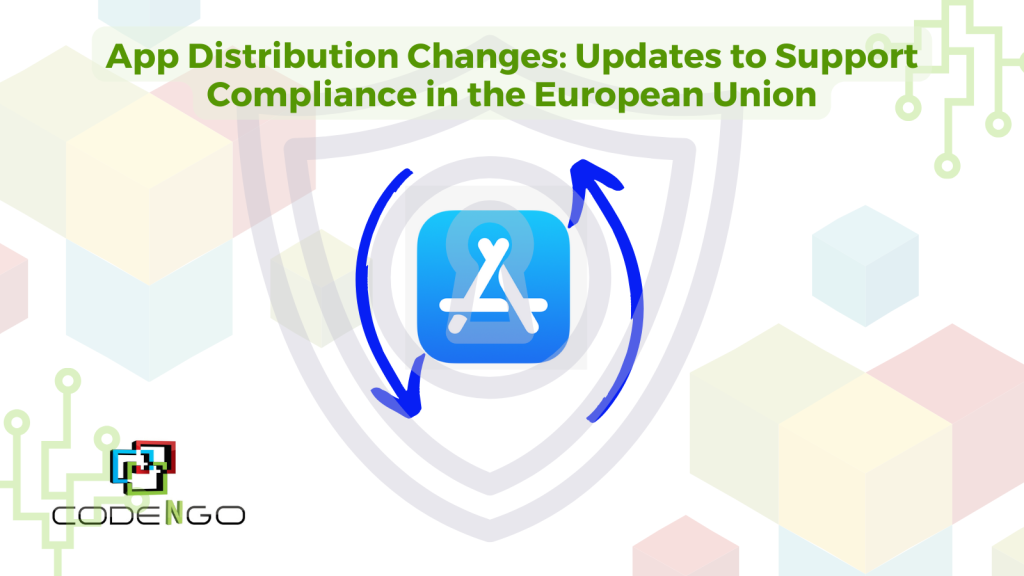App Distribution Changes are pivotal in shaping the landscape of app distribution, with recent updates from the European Union (EU) prioritizing fair competition and user protection. These changes carry significant implications for developers, platforms, and users, prompting widespread adaptation across the digital ecosystem.
by Liz Rustia
Understanding the Updates
The updates introduced by the EU primarily revolve around ensuring transparency, fairness, and security in app distribution platforms. One notable aspect is the emphasis on enabling users to have more control over their digital experiences while also enhancing competition among app developers and platforms.

Transparency and Disclosure
One key area of focus in the EU’s updates is the requirement for app stores to provide clearer information regarding how apps are ranked, promoted, and delisted. This move aims to promote transparency and fairness, enabling users to make more informed choices about the apps they download. Developers, too, stand to benefit from increased clarity, as they gain a better understanding of the criteria for app visibility and promotion.
Fair Competition
To foster fair competition, the EU has introduced measures to prevent app stores from engaging in anti-competitive practices, such as favoring their own apps over those of competitors or imposing unfair conditions on developers. These measures aim to create a level playing field for all developers, irrespective of their size or market influence. By encouraging healthy competition, these updates ultimately benefit users by promoting innovation and diversity in the app ecosystem.
User Privacy and Security
Enhanced user privacy and security represent another crucial aspect of the EU’s updates. App stores are now required to implement stricter measures to safeguard user data and protect against security vulnerabilities. Additionally, users must be adequately informed about the data collected by apps and how it is used, empowering them to make privacy-conscious decisions. These measures align with the EU’s broader efforts to strengthen data protection regulations and bolster user trust in digital services.
Implications for Developers and Platforms
For developers and app distribution platforms operating in the EU market, these updates necessitate proactive adjustments to compliance frameworks and operational practices. Developers must ensure that their apps adhere to the new transparency and privacy standards, which may involve revisiting data handling processes and updating privacy policies. Likewise, app stores must review their policies and procedures to ensure alignment with regulatory requirements, thereby mitigating the risk of non-compliance and potential penalties.
User Empowerment and Engagement
From a user perspective, these updates herald positive changes that empower them to make more informed choices and exert greater control over their digital interactions. With increased transparency and privacy protections, users can trust that their interests are being prioritized, fostering a more positive and secure app experience. Moreover, by promoting fair competition, users stand to benefit from a wider array of high-quality apps catering to diverse needs and preferences.
Conclusion
The updates introduced by the European Union to support app distribution changes signify a significant step towards fostering transparency, fairness, and user protection in the digital ecosystem. By prioritizing user empowerment, privacy, and fair competition, these updates aim to create a more vibrant and trustworthy app landscape that benefits developers, platforms, and users alike. As stakeholders navigate these changes, proactive adaptation and adherence to regulatory standards will be essential to ensure compliance and maintain competitiveness in the evolving digital marketplace.
Share this article on